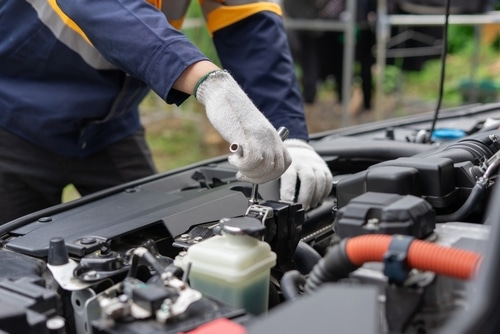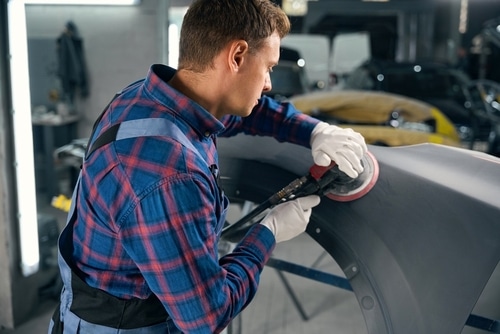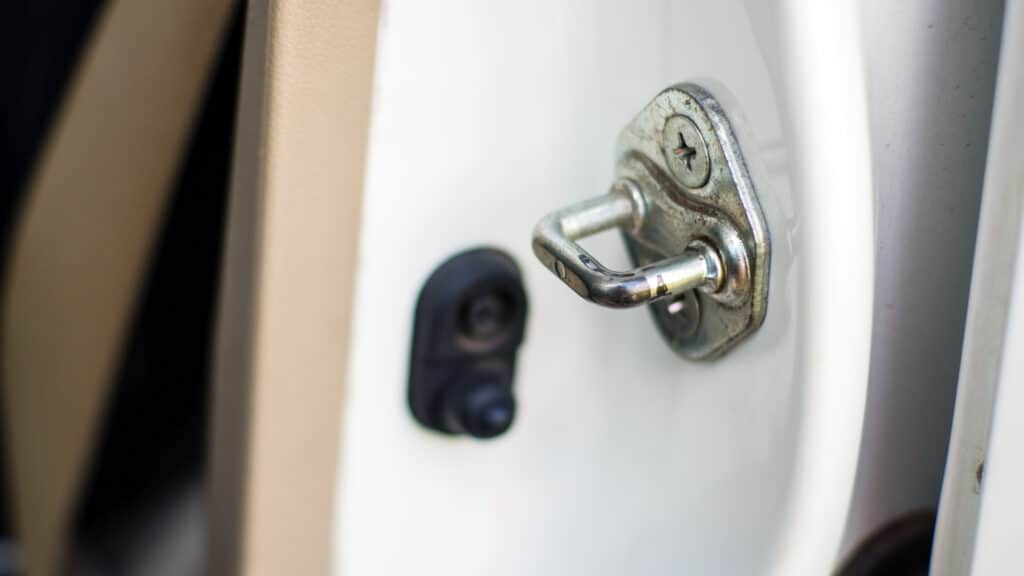California Lemon Law Guide: Your Complete Resource
Home » California Lemon Law Guide
WHAT IS THE CALIFORNIA LEMON LAW

The California Lemon Law protects you when you buy or lease a vehicle with problems that the warranty covers and seemingly are unfixable.
Overall, lemon laws exist to ensure that vehicle manufacturers abide by the promises to buyers in their warranties. Under the California Lemon Law, auto manufacturers have an affirmative duty to repurchase or replace defective motor vehicles, which means if your vehicle is found to be a lemon, you may be entitled to a vehicle replacement or a full refund, minus a mileage-based offset.
What Makes a Car a Lemon?
A car, truck or SUV may be a “lemon” in California if it has a significant defect that substantially impairs use, safety or market value, occurs during the warranty period and cannot be fixed within a reasonable number of repair attempts.
- Does your vehicle have recurring problems?
- Does your manufacturer’s warranty cover these problems?
- Do these problems affect your vehicle’s use, safety or value?
- Have you been giving your local dealership or auto repair shop a reasonable number of chances to repair your vehicle?
If you answered YES to these questions, you may have a lemon. To explore your options, consult a lemon law attorney and get a thorough review of your repair orders.
When the California Lemon Law is Applied
The California Lemon Law applies to a vehicle when a dealership or auto repair shop has failed to repair it within a reasonable number of attempts.
Under the lemon law in California for new cars and certified pre-owned vehicles, there is no specific number of attempts considered “reasonable.” The determination depends on the facts of the case. Thankfully, the lemon law provides a guideline known as the lemon law presumptions. If a vehicle meets these presumptions, it is likely considered to be a lemon.
LEMON LAW PRESUMPTIONS
Under the Tanner Consumer Protection Act, a vehicle is presumed to be a lemon if, within 18,000 miles or 18 months (whichever is first) it:
- Impairs use, safety or value and couldn’t be fixed within four repair attempts.
- Could cause injury or death and couldn’t be fixed within two repair attempts.
- Results in the vehicle being kept at the repair shop for more than 30 cumulative days.
Vehicles Covered by Lemon Law
In California, the lemon law for new cars ensures protection for vehicles with a valid warranty from the auto manufacturer. It also covers certified pre-owned cars under warranty. Most importantly, the lemon law sets specific criteria for vehicles to be considered defective.
THE CALIFORNIA LEMON LAW COVERS THESE VEHICLES:
- Cars, trucks, vans, SUVs and other motor vehicles
- New and Certified Pre-Owned vehicles
- Dealer-owned vehicles or “demonstrators”
In addition, the vehicle must be:
- Registered for personal, family or household use, or
- Registered to businesses with no more than five registered vehicles and,
- Bought or leased from a licensed dealership in California
These vehicles are NOT covered under the Lemon Law:
- Not registered under the California Vehicle Code
- Purchased outside of California (unless serving in Armed Forces)
- Purchased from private sales or auctions
- Sold “as-is”
- Purchased after the manufacturer warranty has expired
- Problems caused by abuse or lack of maintenance
Lemon Law Rewards
If your vehicle is a lemon, the auto manufacturer has to repurchase your vehicle or find a replacement vehicle that is substantially identical. Similarly, the auto manufacturer also has to pay your attorney’s fees and costs if you win your lemon law claim.
Should the auto manufacturer repurchase defective vehicles, they have to be titled as a “Lemon Law Buyback.” Because the auto manufacturer may attempt to repair this vehicle before putting it back on the market, it’s important to note that the “lemon law buyback” title will appear on the vehicle record.
Determining Your Payout
Two things determine the amount you are given for your vehicle: the total purchase price of the vehicle, including other expenses, and a mileage offset based on when the defect first appeared.
The total amount paid or payable includes the vehicle’s full purchase price, along with other expenses. The mileage offset reduces what the auto manufacturer owes you. If the defect first appears while your vehicle has higher mileage, the auto manufacturer is responsible for paying you less for your vehicle.
HOW TO FILE A CLAIM IN CALIFORNIA
First, if you suspect that your car, truck or SUV is a lemon, take your vehicle to a repair facility and get all of your repair orders right away.
During the process, ensure your repair orders accurately document your concerns and the warranty repairs performed. If you do not have documentation of your past repairs, contact the dealership where the repairs took place because these repair orders are essential to any lemon law claim.
Likewise, other important documents include sales or lease contracts, warranty information, any financing documents (if you financed the car), proof of insurance and documents related to other expenses for your vehicle.
Do You Have A Lemon Vehicle?
"*" indicates required fields





